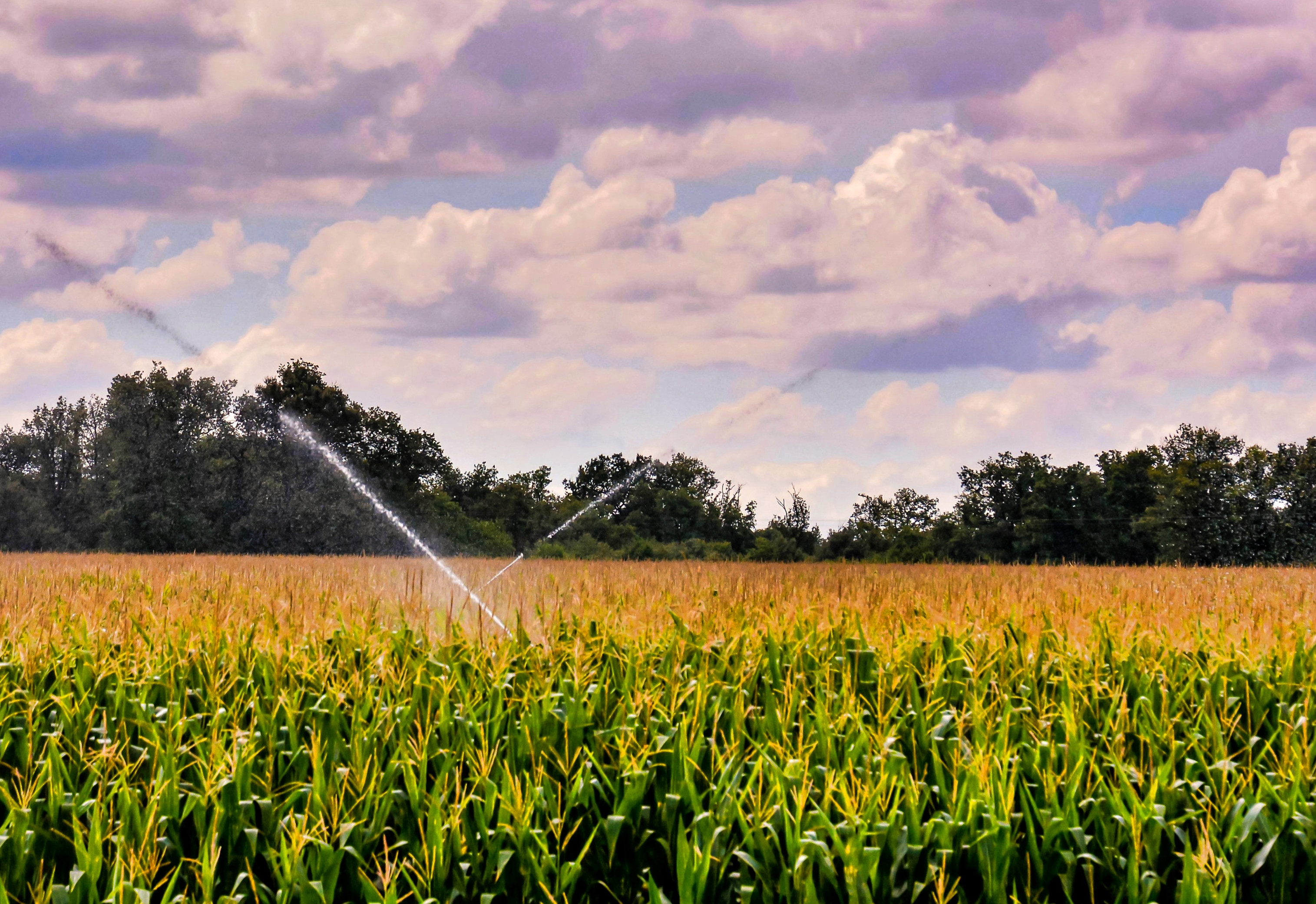In Castilla y León, the primary sector, agriculture and livestock, account for 9.7% of the economy of this community. It is the fourth autonomous community in which agriculture accounts for a large share of the Spanish economy.
The agri-food industry transforms more than 70% of European agricultural production and is the most important industrial sector in the European Union, with production valued at 645,787 million euros, representing approximately 13% of the value of industrial production.
However, depopulation and climatic effects mean that the population dedicated to this sector is even smaller. Water is a crucial element for the primary sector.
This essential resource for life has been frequently mentioned on the news due to the current water shortage in Spain and in many parts of the planet. It is also one of the Sustainable Development Goals (SDG 6) set by the Member States of the United Nations for the 2030 Agenda.

Faced with this effect of climate change, there is a need to use all available tools to manage water efficiently. Luckily, new technologies such as Artificial Intelligence, Big Data or 5G networks can help achieve a more responsible and efficient use of water resources.
Currently, there are many benefits that digital technologies can bring to the agricultural sector in the efficient consumption of water. One of the examples of how technologies can help efficient water consumption in this sector is the implementation of smart irrigation systems, as can be seen in this video.
This system assesses the need for water by means of crop sensing; using the obtained results, the moment when the plant needs water is identified and the irrigation system is activated for watering. Similarly, the irrigation system turns off when the crop has received the required amount of water, resulting in water savings and increased crop production.
Another example that can help the efficient use of water in agriculture is crop monitoring using drones or satellites. This methodology consists of data collection using drones. The drones fly over the crop field to measure its humidity and provide information on the places that lack water. This analysis will help the farmer optimise water usage by providing water to the parts of the crop that need it.